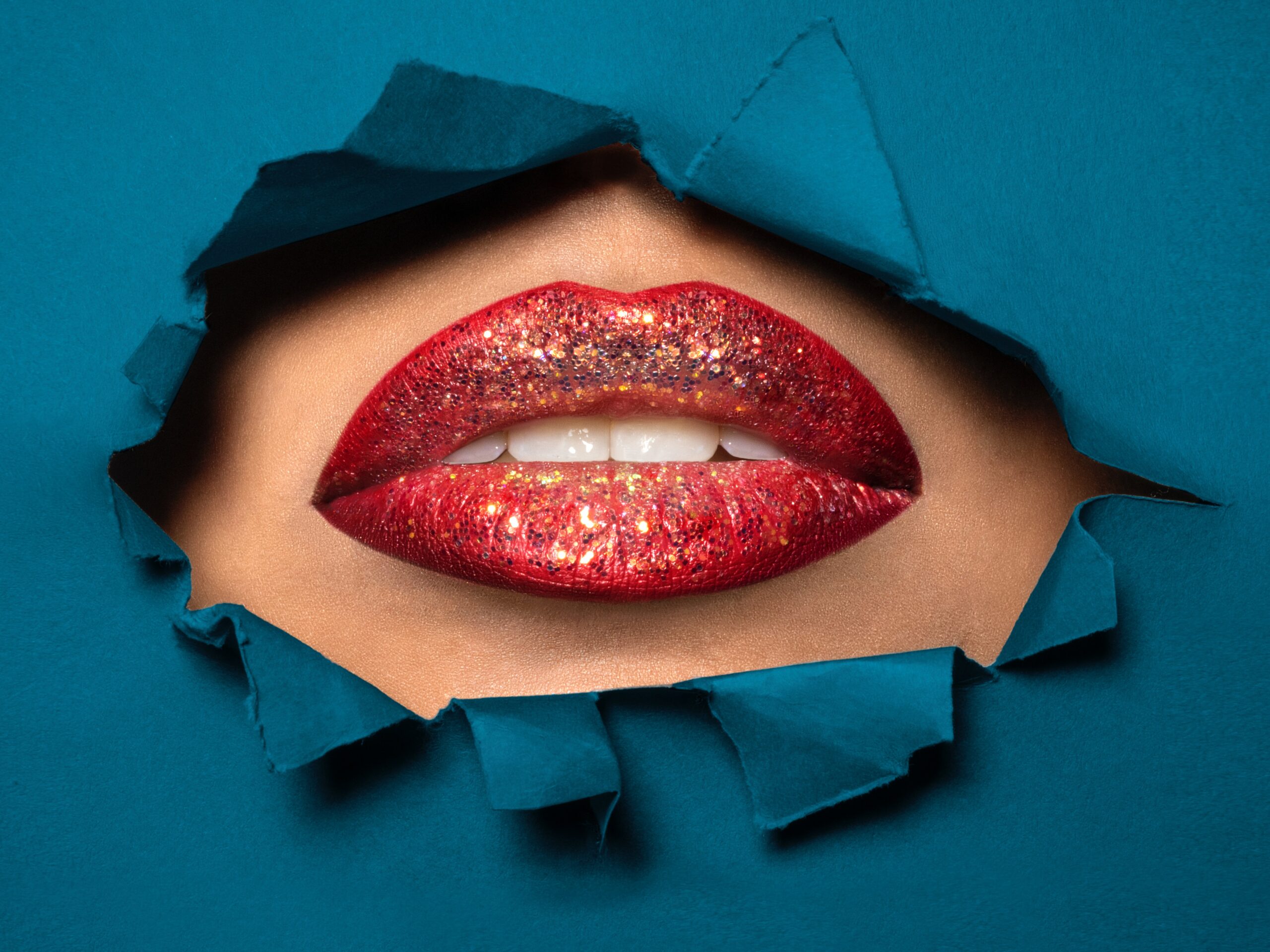
Nothing brings cheer to your loved ones like your beautiful smile. But, if your smile is looking a little dull this holiday season, then you may be looking for fast and effective ways to upgrade your grin. This year, cosmetic dentistry treatments with our Magic Smiles Dental and Implant Center team can keep your smile off of the naughty list (read more about cosmetic dentistry here).
Are you ready to give yourself the gift of a healthy and beautiful smile? Then, schedule an appointment with our team in Coffs Harbour or Woolgoolga, NSW, today. Simply request your appointment here to get started.
Meanwhile, let’s explore four cosmetic dentistry treatments that can help you win a kiss under the mistletoe.
Teeth Whitening
Even if you have been using store-bought teeth whiteners, professional teeth whitening may be worth exploring.
Professional whitening treatments use stronger ingredients than store-bought whiteners. In fact, professional treatments may contain up to 40% bleaching ingredients as compared to roughly 10% bleaching ingredients in store-bought options.
Not only are professional whitening treatments faster and more effective, but the results last longer, too. Experts believe that most patients can enjoy a noticeably lighter smile for up to three years after a single whitening treatment.
Dental Bonding
Dentists use a strong, tooth-coloured material to fill in cavities. But, this tooth-coloured material (a versatile composite resin) can do much more than protect teeth against further decay. Indeed, dentists frequently use this composite resin to address subtle smile flaws, such as:
- Chipped or fractured teeth
- Discoloured teeth
- Misshapen teeth
- Large gaps
- Worn tooth enamel
Dental bonding is non-invasive and completely reversible. Subsequently, it is a great way for you to customize your smile without damaging your natural teeth.
Porcelain Veneers
Veneers are very thin (but very strong!) ceramic shells that dentists permanently affix to the front surface of teeth. They can cover the same smile flaws that dental bonding can cover, but porcelain veneers are not reversible. This means that this cosmetic dentistry treatment is a lifelong commitment. So, if veneers crack, break, or fall off, then it is crucial to repair or replace them as soon as possible.
Nevertheless, veneers may be a better way for you to get a perfectly tailor-made grin. You can work closely with our team to choose the right shade, shape, and size of porcelain veneers for your smile.
Laser Gum Contouring Cosmetic Dentistry
Having even one to two millimeters of extra gum tissue can give you the appearance of a gummy smile. Get your smile holiday-ready with safe and effective laser gum contouring.
This cosmetic dentistry procedure gently removes extra gingival tissue to improve your gum line and enhance your oral aesthetic. And, because our dentists use soft-tissue lasers, you’ll experience less pain and faster healing after the procedure.
Cosmetic Dentistry Near Me
If you’re looking for affordable, safe, and effective cosmetic dentistry in New South Wales, then contact the team at Magic Smiles. With offices in Woolgoolga and Coffs Harbour, we can help you get a stunning smile just in time for the New Year. Request your appointment to get started now!



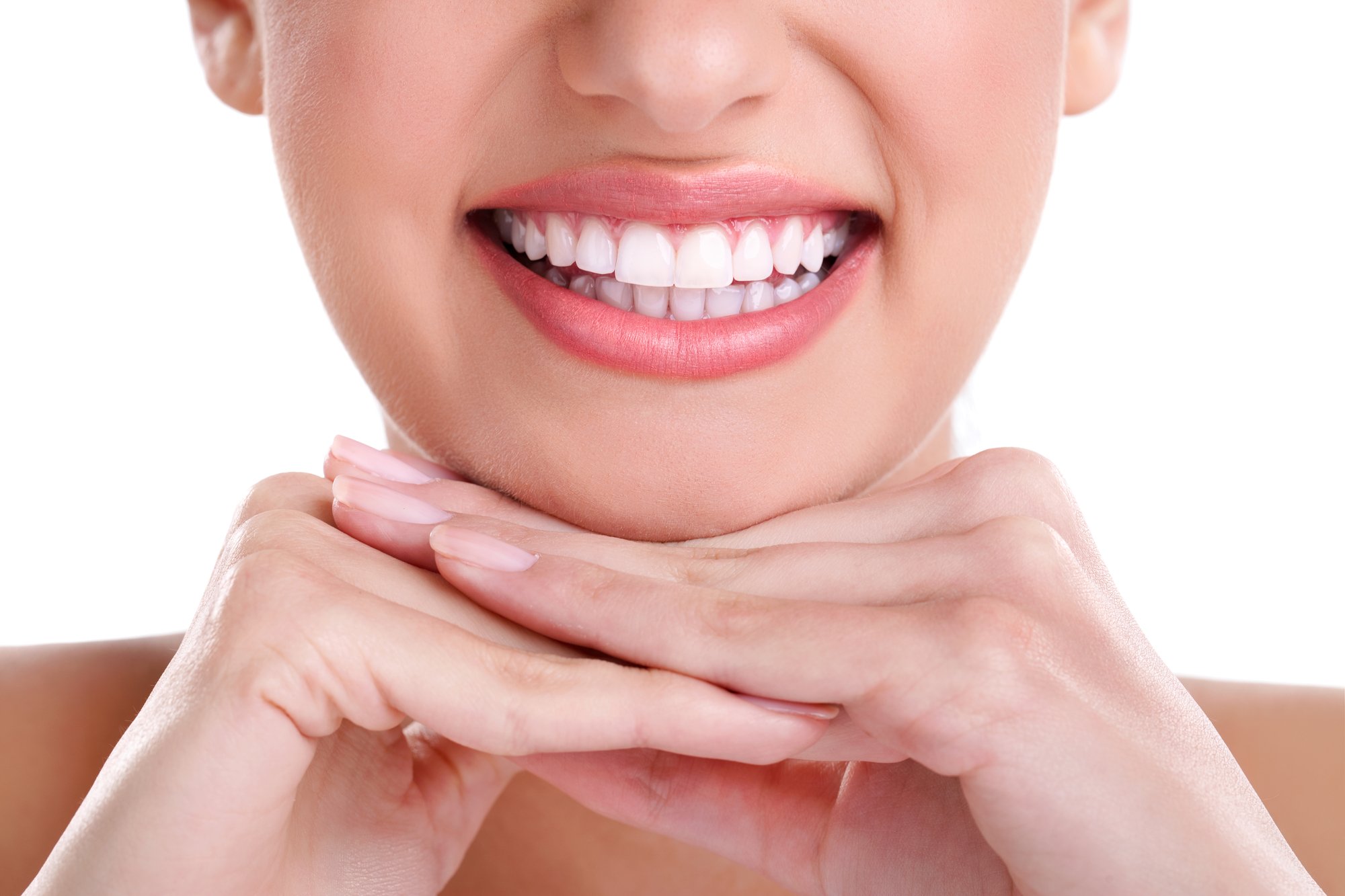

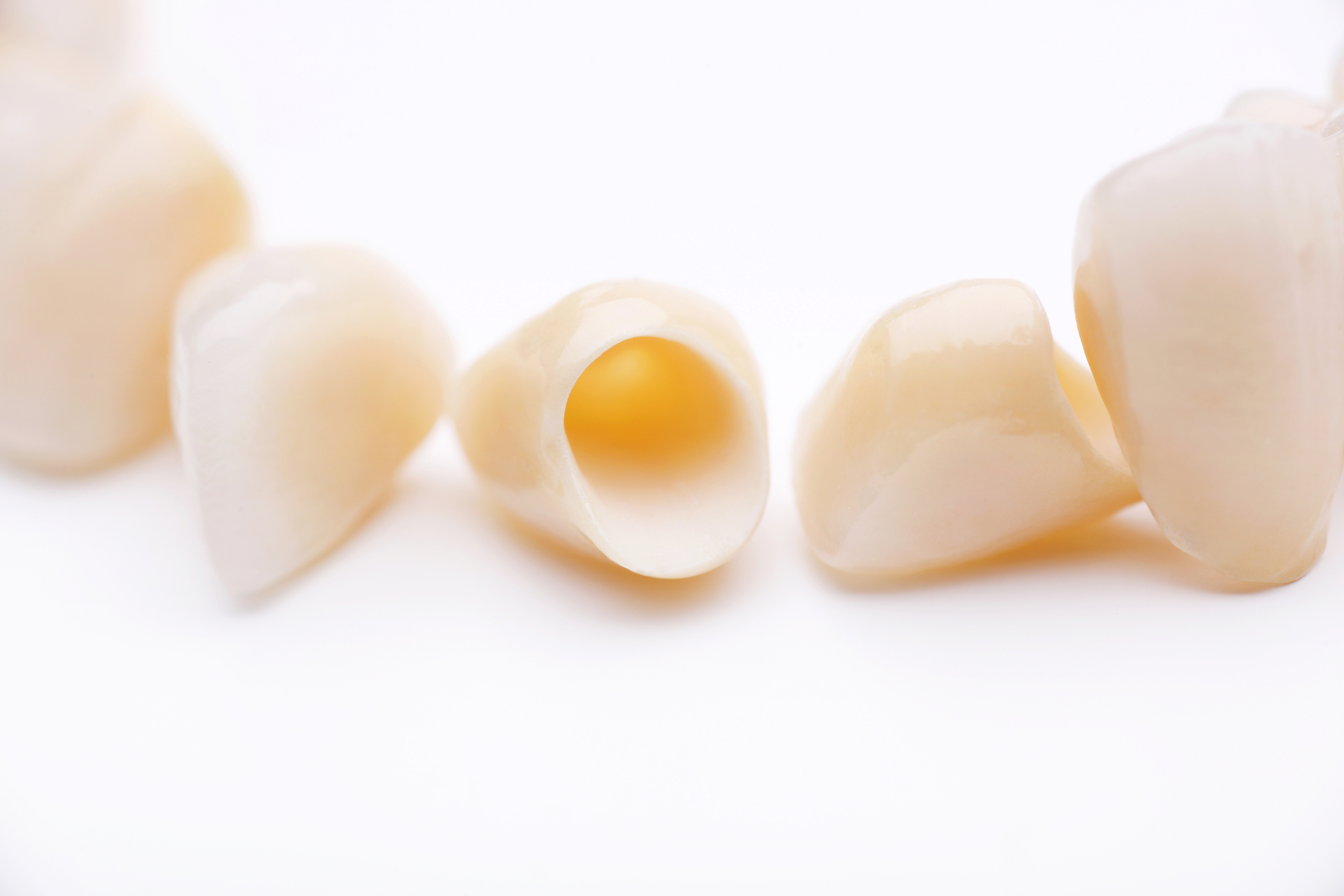
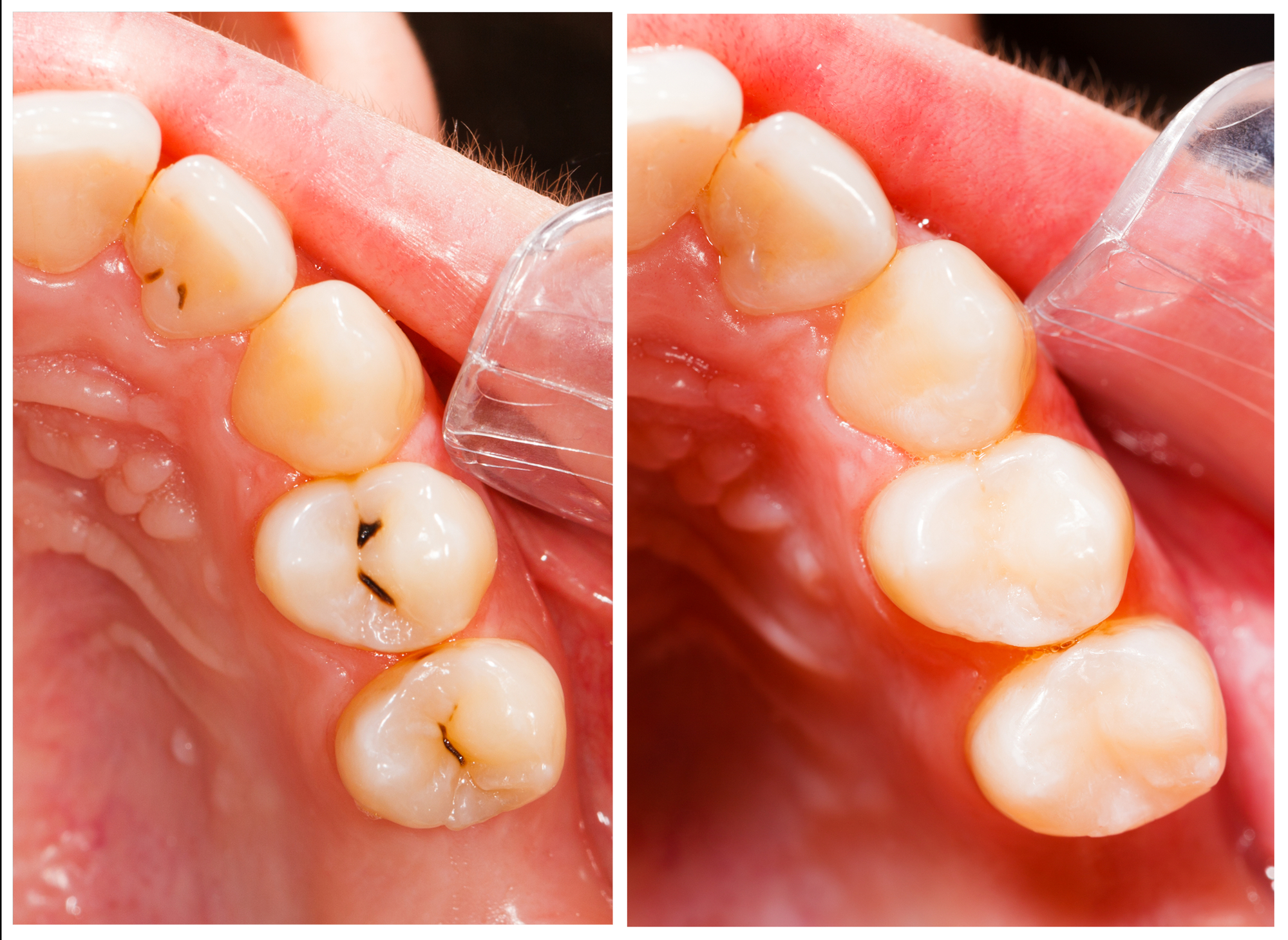
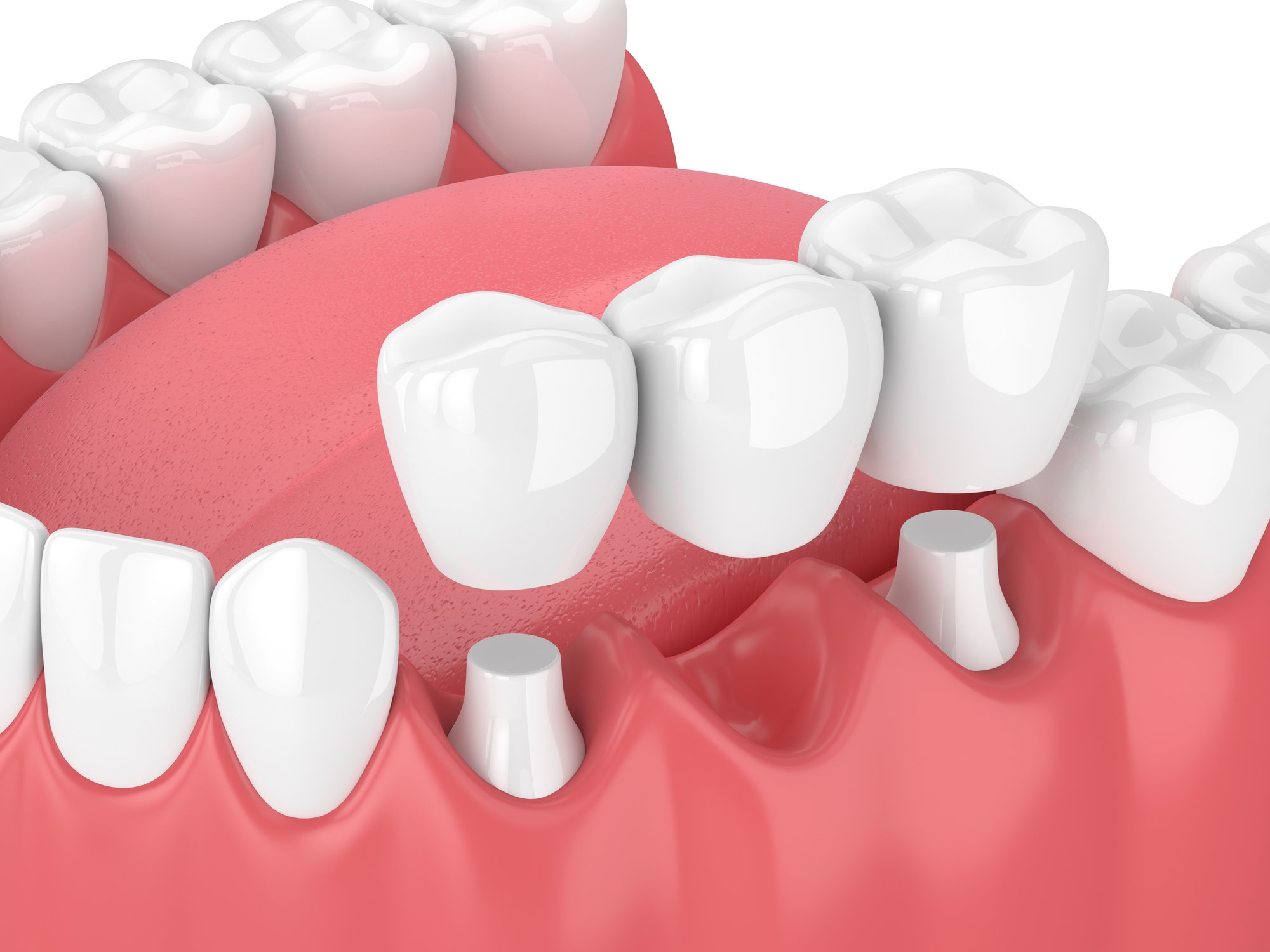
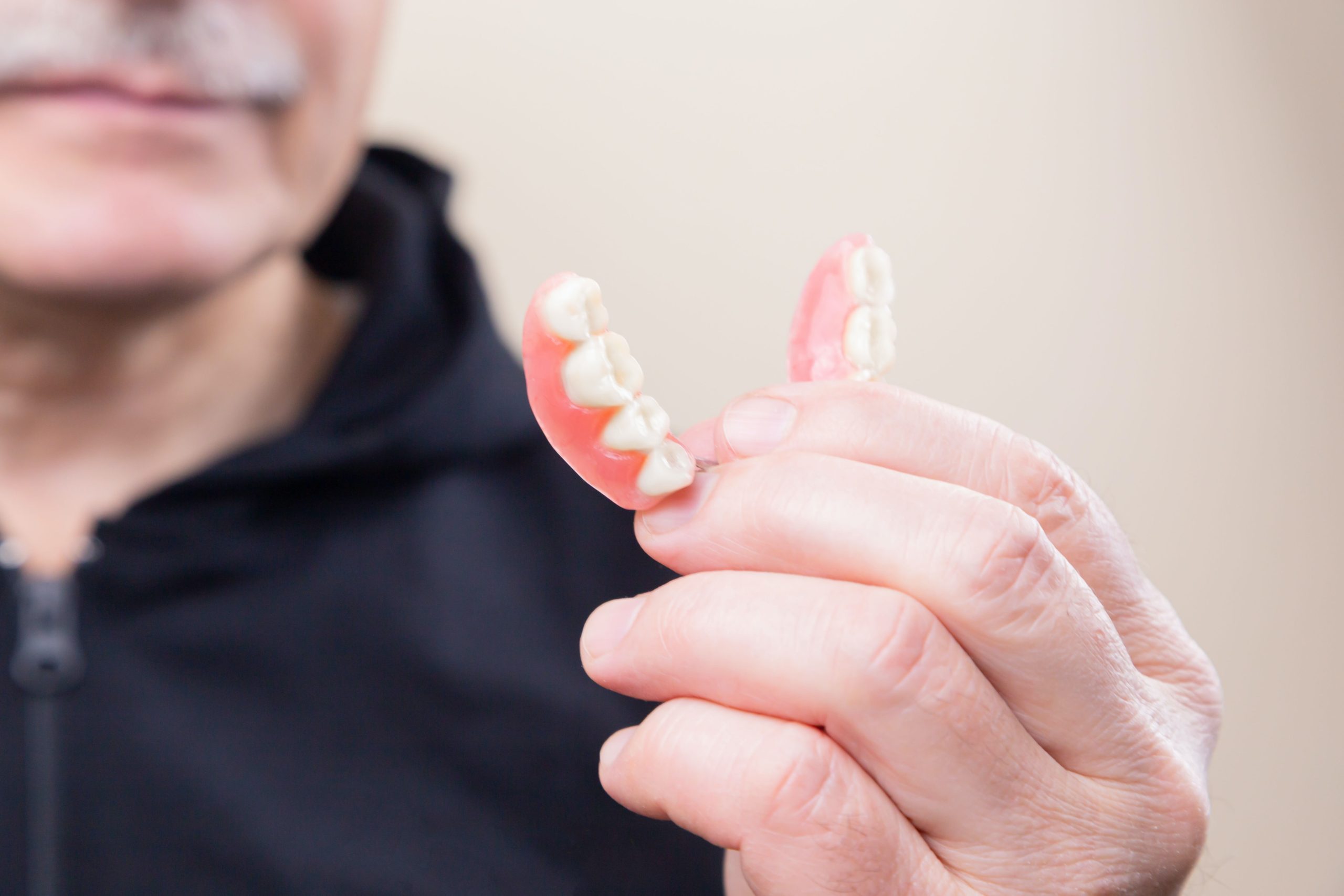
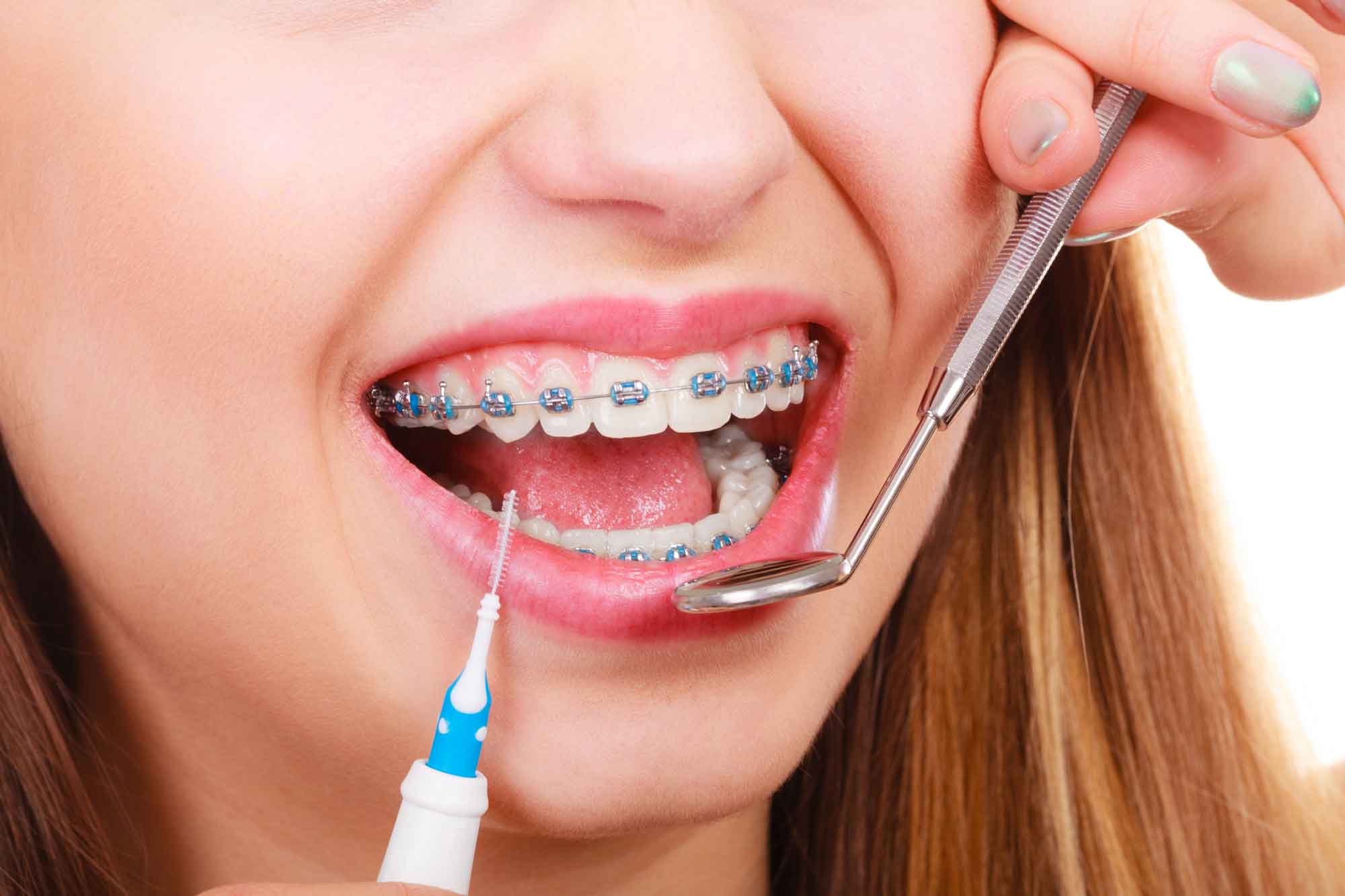


Recent Comments